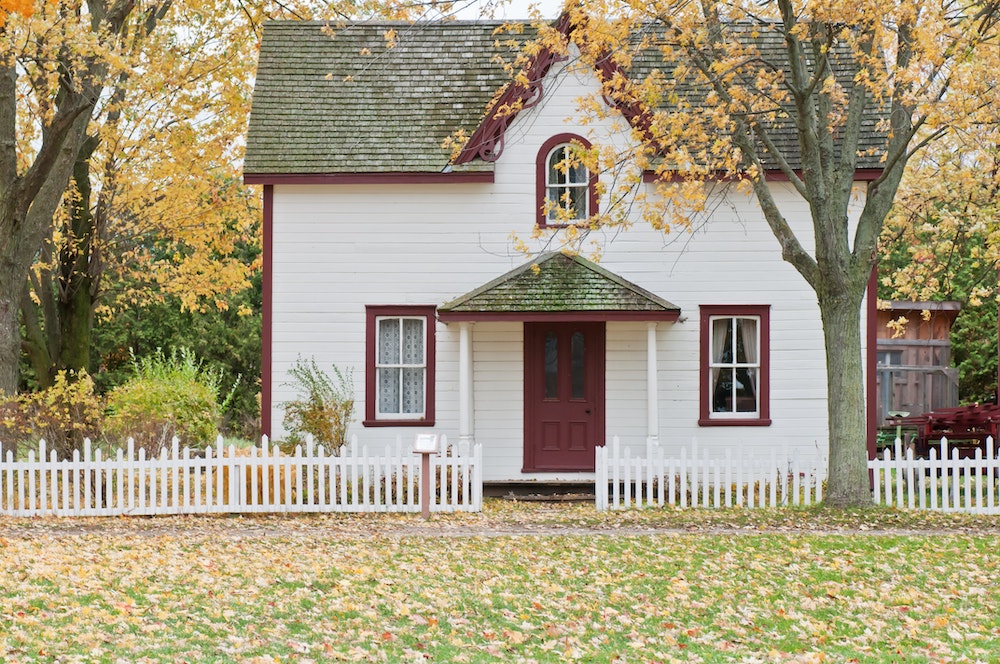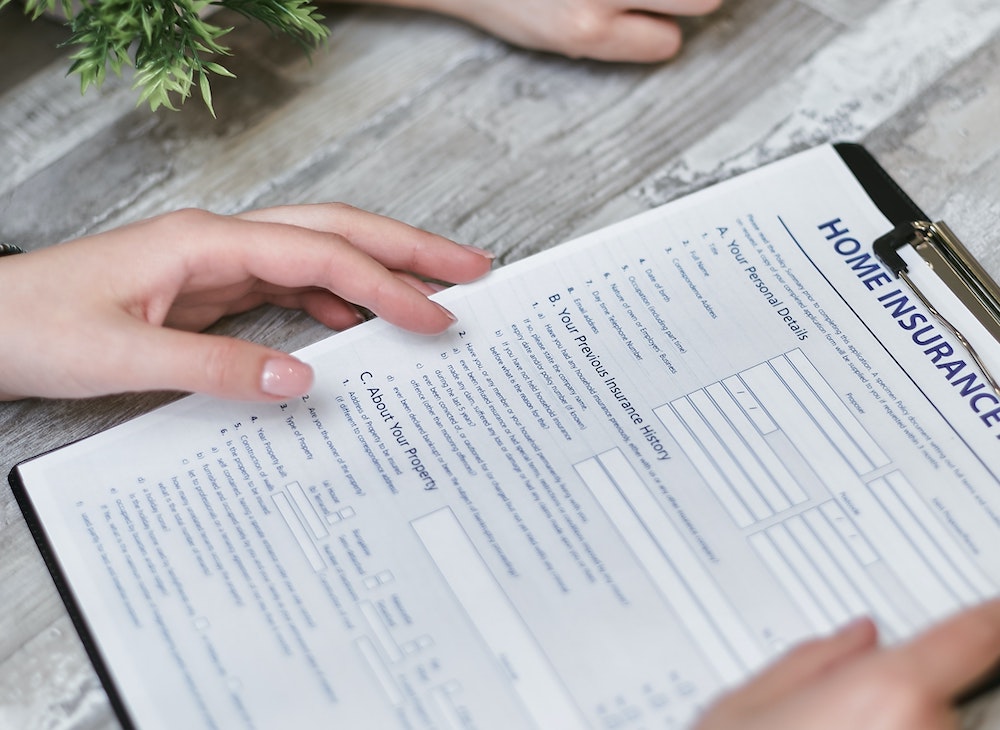When you start your vacation rental business, you don’t imagine guests falling from balconies or burning down the house, yet accidents happen and an unforeseen disaster could spell financial ruin if you don’t have the right short term liability insurance in place.
Damage caused by guests, for example, red wine stains on new carpets or a clogged-up swimming pool filter, is another reason to ensure your insurance policies are in good shape before handing over the keys to your rental for the first time. Also, read our post about Airbnb horror stories. Not to scare you off, but to open your eyes to some of the weird things happening to hosts out there.
You may go for years without having any issues with your rental, of course, but accidents, and even tragedies, happen to the best of us, so it’s better to be prepared for the day when your luck runs out. That way you’ll sleep better at night, knowing you´ve got all the bases covered.
What types of accidents can happen in your vacation rental?
Apart from the usual culprits such as slips and falls, electric shocks and burns, there have also been reports of freak accidents, such as the case a few years back when an Airbnb guest died after a tree trunk tied to a rope swing at the property fell on his head. We totally get that these accidents may be rare, but do you really want to tempt fate?
Bodily injury
When someone is physically injured on your property, for example through the collapse of a staircase or falls ill as a result of something in your rental, for example, bedbugs or bacteria, you could be liable in terms of premises liability law.
This law determines that the owner of the property has a legal duty to guests to remove any hazards that could potentially cause an injury. This would apply if you as the owner created or knowingly allowed a hazard to exist. However, even if you didn’t think there was a risk, the question is whether you reasonably should have realized there could be a risk and whether you failed to take reasonable care to address this issue. As your rental guests are seen as ‘ínvitees’ they are protected by this law.
Some common causes of bodily injury include:
- Spills or slippery surfaces
- Broken stairways
- Loose or torn rugs or carpets
- Poor lighting
- Water leaks
Property Damage
Here we are talking about damage to the building or objects that form part of the building or are inside the building. So, for example, if your property didn’t have a smoke detector and a fire breaks out causing damage to your guests’ property such as luggage or clothes, you could be liable.

Who is responsible when your guest gets injured?
So, enough with the scary stories already. What can you do about this? How can you play it safe and reduce the risk of liability claims that could cause a serious dent in your bank account, if not ruin your business?
Does your homeowner’s insurance cover your rental?
As a homeowner, you would usually take out a homeowner’s insurance policy to cover you for damage or loss of your home and possessions. This includes liability coverage if something should happen to someone else on your property. In other words, the insurance company will foot the bill in the case of an accident at your home.
However, here is the thing. It’s important to note that many homeowner insurance policies typically exclude or offer minimal protection in the case where you are using your property as a vacation rental, or in fact if the property is used to run any type of business. This would typically apply if you rent your property out regularly as vacation rental owners hope to do.
The best advice, therefore, is to carefully read your insurance policy contract to establish if the insurer will payout in the case of accidents involving renters. In some cases, you may be able to pay an additional fee to extend your policy, but if you rent out your property regularly, this may not be possible.
Another option would be to buy a hotel or bed-and-breakfast insurance policy, although these are expensive. Some specialist agencies offer short-term rental liability insurance. Similarly, if your property is damaged by your guests, your regular home insurance policy is unlikely to payout and you’ll have to take additional measures.

How much coverage does your hosting platform provide?
Over the years, the listing channels or online travel agencies (OTAs) have come to the party to offer some degree of protection, both to hosts and guests. This is a great starting point, but if you read the small print, this doesn’t usually go as far as insurance, and there are many exceptions.
Airbnb
Airbnb’s host liability insurance, a part of what is known as AirCover for Hosts, provides hosts with up to $1 million in coverage for negligent accident claims that involve injuries or property damage. This includes people who help you with your business such as co-hosts and cleaners.
There is a $1 million cap per listing location and there are certain exclusions. As a host you are automatically entitled to this coverage and it is part of the Airbnb hosting fee. It applies regardless of whether you have taken out additional insurance or not. For the latest Airbnb updates, read our article about Airbnb Summer Release, which detailed changes to the company’s protection policy for guests.
Vrbo
Vrbo also offers owners and property managers primary liability protection of $1 million for all stays processed online through HomeAway checkout, at no additional cost.
Booking.com
Booking.com does not offer separate insurance protections for its property owners, so you’ll need to have adequate insurance in place on your property in case of the accidental injury of a guest, and you’ll also want to take steps to make sure that you are aware of and remedy any hazards that might cause dangerous conditions. For example, if a guest reports a leaky sink pipe that causes a slip risk on your tile floors, you should take steps to address that issue and fix it as soon as you can. You should also confer with your insurance provider to get their assessment as to whether your coverage is adequate for a property you plan to rent.
Also, read our article about Booking.com host insurance and safety.
Sleep soundly at night
So, whichever option you decide to go for, it’s clear that short term liability insurance should definitely be something to consider and plan for when you first start your vacation rental business. Fingers crossed you’ll never need to use it though!


